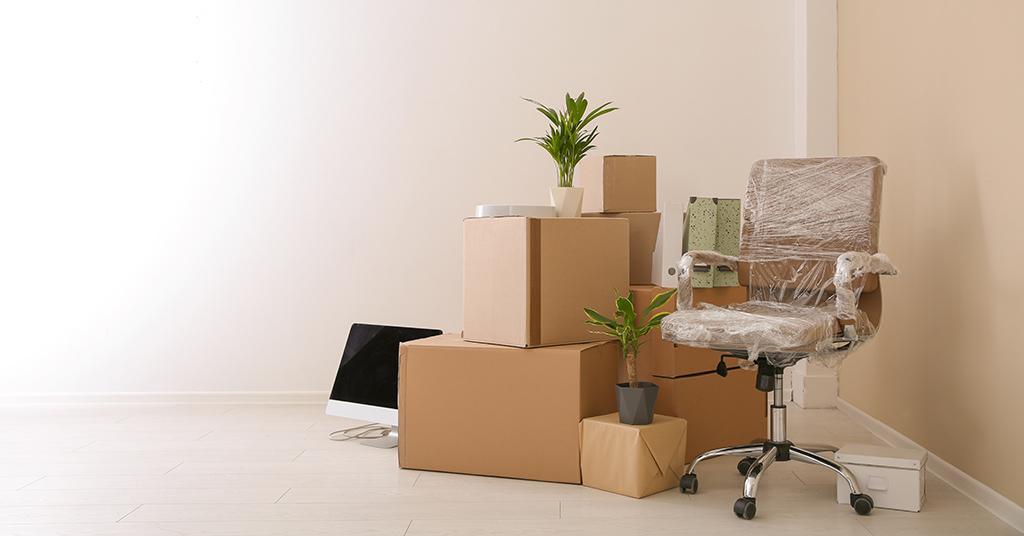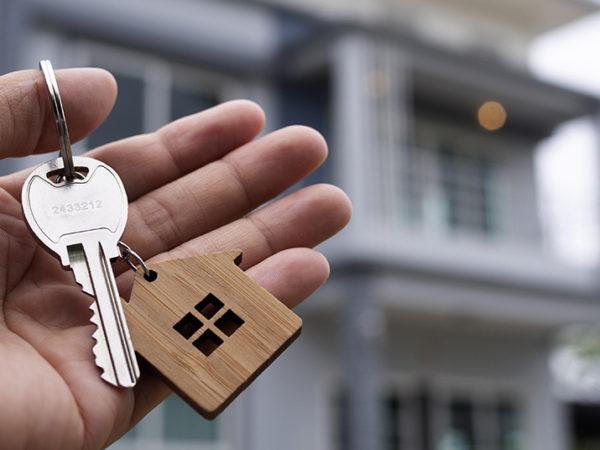
Getting your deposit back after renting office space is notoriously stressful.
However, taking the right steps – at the start of a rental agreement, during your time as a tenant and at lease expiry – can help.
Here’s what you need to know about getting your deposit back.
No legal obligation to pay a deposit
By law, a tenant is under no legal obligation to pay a deposit. However, a landlord is entitled to ask for one under the terms of a lease – and this is the norm.
A deposit is held by a landlord as security for any money owed and any damage caused to the property by the tenant.
If your landlord asks for a deposit – and most do – it’s essential to agree how much it’s going to be and the terms for its return. Deposits are usually equivalent to between one and three months’ rent.
Then make sure all agreed terms are stated clearly in the written lease agreement.
For residential property, the landlord is required to keep a deposit in an interest-bearing account. This doesn’t apply for commercial property.
When is a reasonable timeframe for the deposit to be returned?
Legally, the landlord must refund your deposit at the end of the lease. That’s assuming you don’t owe any money to the landlord or have outstanding utility bills.
Many landlords are reluctant to insert a clause that imposes a time requirement for the return of a deposit. Ask yours to agree to one and to put it in the lease agreement.
If a timeframe isn’t in the agreement, a landlord is free to return the deposit in a “reasonable” manner.
Legally, one of three periods may be deemed reasonable:
-
7 days
If you’ve paid all your rent on time and left the office in the same (or better) condition than when you moved in, it’s considered reasonable for the landlord to repay your deposit within seven days.
-
14 days
If there are arrears on your rent and/or repairs are required to the property, 14 days is considered reasonable.
-
21 days
If you leave without informing the landlord or agreeing to a joint inspection, it’s considered reasonable for the landlord to return your deposit within 21 days.
What are your obligations for the return of deposit?
Before returning a deposit, your landlord will ask you to remove your office furniture, equipment and personal property.
You’ll need to have paid any rent arrears and other outstanding bills.
In addition, a joint inspection of the property with you and the landlord present will have to take place. This is to verify that the office is being returned in its original condition.
The landlord can insist that specific repairs be made (or that the cost of these repairs be deducted from your deposit).
Rent arrears and the cost of items like lost keys or security tokens may also be payable to the landlord.
What if the landlord sells the property?
If the rental property is sold, the new owner is bound by the terms of your lease.
Make sure your lease states that any new landlord is deemed to have received your deposit and will return it to you.
6 tips to help secure the return of your deposit
To help ensure you get your deposit back after renting office space, follow these steps:
-
Create a visual record
Create a clear visual record of what the property looks like before you move in. For example, take date-stamped photographs and attaching them to the lease agreement. Take the photographs with the landlord present.
-
Give written notice
Give as much notice as you can in writing if you’re terminating the lease. If possible, also be accommodating when the landlord wants to show prospective new tenants around. A little “give” on each side sometimes eases the process considerably.
-
Take the initiative in scheduling a joint inspection
Set an inspection date with the landlord.
-
Make necessary repairs
Before the inspection date, fix any cosmetic damage to the office premises. For instance, fix up holes in walls from artwork, scuffed paintwork and untidy cabling. Repaint if necessary. Also deep-clean fitted carpets (as well as curtains, blinds and upholstery if these were provided with the office).
-
Complete the inspection and negotiate about repairs
Complete a walk-through inspection with the landlord and ensure you have a complete list of anything that needs to be fixed up.
You can then investigate the costs and effort involved in making repairs yourself or hiring someone suitable, by an agreed deadline. Alternatively, negotiate with the landlord about costs and have these deducted from the deposit you’re owed. -
Be persistent
Don’t be shy about following up. Make repeated follow-up telephone calls and send emails until you receive your deposit.
Chelsea Cleaning
At Chelsea Cleaning, we can’t get help with getting your deposit back after renting office space. However, we can help you prepare an office space for inspection by giving the carpets a deep clean – expertly and at a reasonable price.



